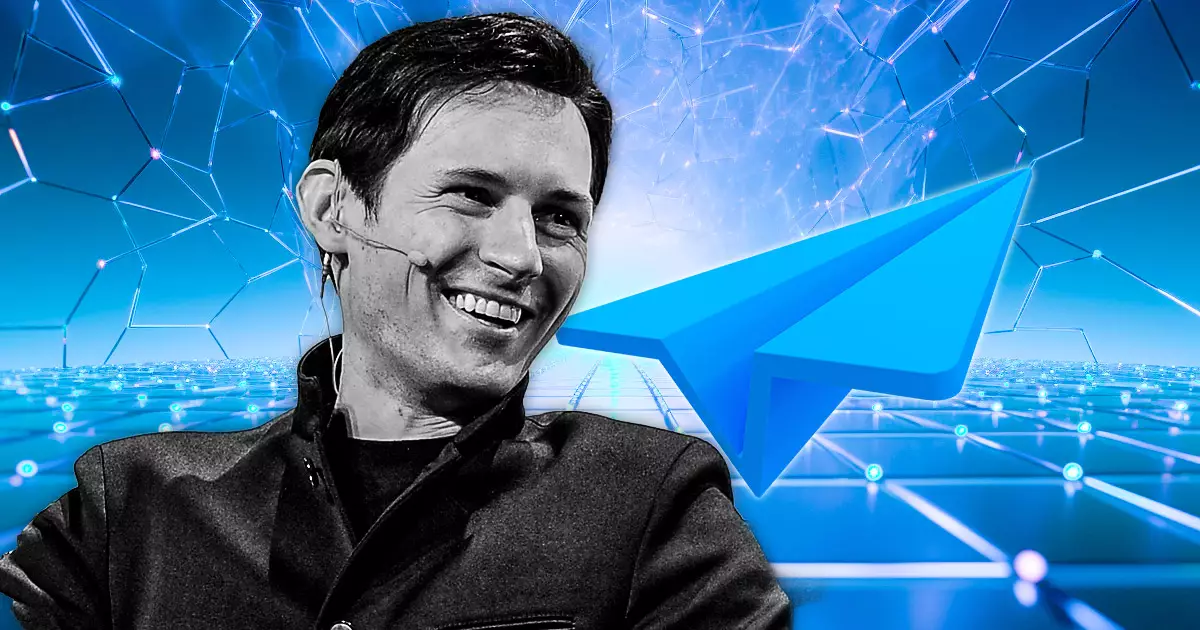Telegram CEO Pavel Durov has recently been released from prison but placed under judicial supervision with strict conditions. This includes the deposit of a €5 million bond and a prohibition from leaving French territory. Durov must also report to the police station twice a week as part of his bond conditions.
The Paris Judicial Court has officially charged Durov with six offenses, including “complicity in the management of an online platform allowing illegal transactions in an organized gang,” money laundering, and refusal to provide information to authorities. This comes after Durov failed to respond to judicial requests from various investigative services related to drug trafficking, child sexual content, and fraud investigations.
French authorities have highlighted that the investigation revolves around Telegram’s failure to register its encrypted messaging services with the French government. Durov, known for his strict stance on free speech and resistance to moderating content, has faced criticism from child safety groups for allegedly not doing enough to combat illegal activities on the platform.
The arrest of Durov has sparked reactions from free speech advocates and tech industry figures. Many criticize it as a violation of human rights and question whether leaders of other social media platforms would face similar consequences for misuse by users. Some have even suggested that French authorities are attempting to control or access communications on Telegram.
Political Clarifications
However, French President Emmanuel Macron has clarified that Durov’s arrest is purely part of a judicial process with no political motivations. Despite the controversy surrounding the case, it is crucial to distinguish between legal proceedings and political interference when analyzing Durov’s arrest.

